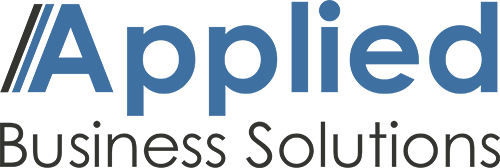Both a healthcare Flexible Spending Account (FSA) and a Health Savings Account (HSA) provide the opportunity to save on your taxes through pre-tax contributions and help you save money on qualified medical, dental, and vision expenses. While similar, HSAs and FSAs offer different features and benefits.
Flexible Spending Accounts (FSA)
Flexible Spending Accounts allow you to contribute pre-tax dollars on an annual basis to use for qualified medical expenses incurred within that year. This means that the funds you contribute to an FSA are “use it or lose it,” so it’s important to carefully calculate your expected medical claims when you enroll. If there are any unused funds in your FSA at the end of the year, you will be able to carry over $610 into next year. However, any additional funds will be lost. The maximum you may contribute to an FSA in 2023 is $3,050.
Health Savings Accounts (HSA)
In order to contribute to a health savings account, you must be enrolled in a qualified high deductible health plan. Unlike an FSA, the funds you contribute to an HSA are yours and never expire or go away. Funds in an HSA account must be used for qualified medical expenses, or tax penalties will apply. The maximum contribution to an HSA in 2023 is $3,850 for an individual and $7,750 for a family. If you enroll in an HSA, you cannot also contribute to a healthcare FSA.
Limited Purpose Flexible Spending Accounts
If you contribute to an HSA, you do have the option of also contributing to a limited purpose FSA. It works similarly to a healthcare FSA; however, funds cannot be used for medical expenses. Funds in a limited purpose FSA can be used for other qualified expenses, such as dental or vision services.
FSAs and HSAs both offer the opportunity to set aside pre-tax money to help you save on your medical expenses, but work very differently. FSAs are less flexible than HSAs with the chance of losing unused funds, while HSAs are only available to those enrolled in a high deductible health plan. Determining which plan works best for you is key to maximizing your benefits.
How Applied Business Solutions Can Assist
Navigating the intricacies of FSAs and HSAs can be challenging, and that’s where Applied Business Solutions steps in. With our comprehensive understanding of the landscape, we offer expert advice, tools, and strategies tailored to ensure you get the most out of your health accounts. Our solutions for HSA and FSA management provide an effortless experience for both individuals and businesses. Don’t miss out on maximizing your savings and benefits; let Applied Business Solutions be your trusted partner in this journey.
Contact Applied Business Solutions
For personalized guidance on health savings accounts and flexible spending accounts, reach out to our dedicated team:
- Email: info@appliedpeo.com
- Phone: (855) 792-2808
- Web: www.applied-hcm.com/contact
Choose wisely, choose Applied Business Solutions. We’re here to simplify healthcare finance for you.






